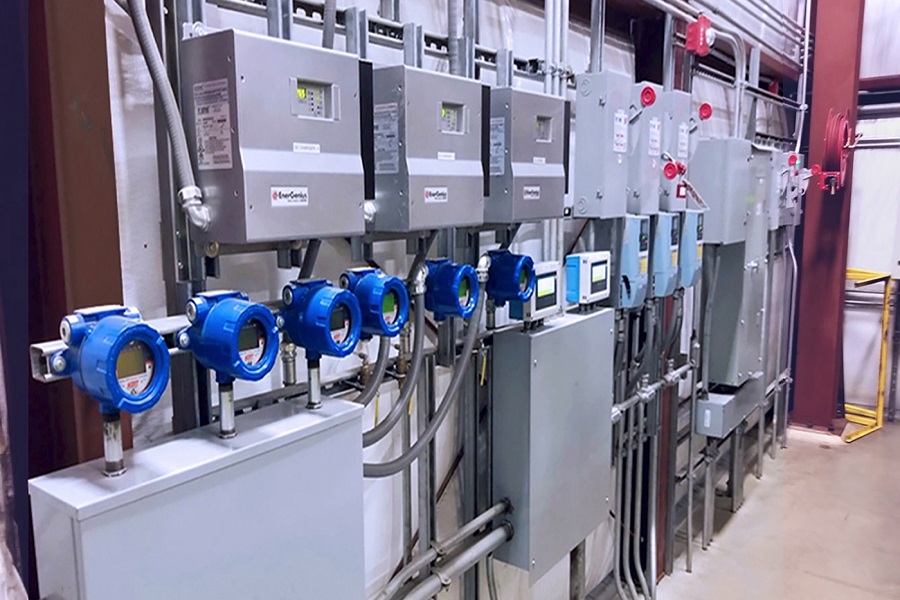 Automation Research & Embedded Technologies
Certificate Verification
Automation Research & Embedded Technologies
Certificate Verification
 Automation Research & Embedded Technologies
Certificate Verification
Automation Research & Embedded Technologies
Certificate Verification

"Instrumentation and control engineering focuses on the design, configuration, and operation of systems used to measure and control physical processes in industries.
It involves the use of sensors, controllers, and automated systems to ensure efficiency and safety in processes such as manufacturing, power generation, and chemical processing. This field is very important for Industrial Automation."
Course Title:
Instrumentation and control engineering
Course Duration:
15 Days
Total No. of seats:
10 seats
Prerequisites:
Basic understanding of electrical systems, automation, and control systems.
Course Fee: BDT 4000.00
Instrumentation and control engineering 15-Days Course Syllabus
Day 1: Introduction to Instrumentation and Control Engineering - Overview of Instrumentation Systems - Role of Instrumentation in Industrial Automation - Basic Measurement Principles (Pressure, Temperature, Flow, Level) Day 2: Sensors and Transducers - Types of Sensors (Analog vs. Digital) - Working Principles of Common Industrial Sensors - Temperature Sensors (RTD, Thermocouples) - Pressure Sensors - Flow Meters - Sensor Calibration Techniques Day 3: Signal Conditioning and Processing - Signal Types (Analog, Digital) - Signal Amplification and Filtering - Analog to Digital Conversion (ADC) and Digital to Analog Conversion (DAC) - Noise Reduction Techniques in Signal Processing Day 4: Control Systems Overview - Basic Concepts of Control Systems (Open-loop vs. Closed-loop) - PID Control (Proportional, Integral, Derivative) - Control System Components (Controllers, Actuators, Sensors) - Introduction to Feedback and Feedforward Control Day 5: Programmable Logic Controllers (PLCs) - PLC Architecture and Operation - Types of PLCs and Their Applications - Basic PLC Programming (Ladder Logic) - Interfacing Sensors and Actuators with PLCs Day 6: Process Control Systems - Introduction to Process Control Loops (Level, Temperature, Flow, Pressure) - Industrial Process Control Applications - Control Valve Types and Actuation Methods - Tuning PID Controllers for Process Stability Day 7: SCADA and HMI Systems - Introduction to Supervisory Control and Data Acquisition (SCADA) - Role of SCADA in Process Monitoring and Control - Human-Machine Interface (HMI) Design and Operation - Communication Protocols in SCADA Systems (Modbus, OPC, etc.) Day 8: Industrial Networking and Communication - Industrial Communication Protocols (Profibus, Ethernet/IP, HART) - Fieldbus Technology and Applications - Wireless Communication in Instrumentation Systems - Introduction to IoT in Instrumentation and Control Day 9: Troubleshooting and Maintenance of Instrumentation Systems - Common Instrumentation Faults and Diagnostics - Calibration and Maintenance of Sensors and Instruments - Troubleshooting Control Systems and PLCs - Safety Considerations in Instrumentation Maintenance Day 10 to 15: Practical Applications and Case Studies * Certification of course completion.online certificate verification